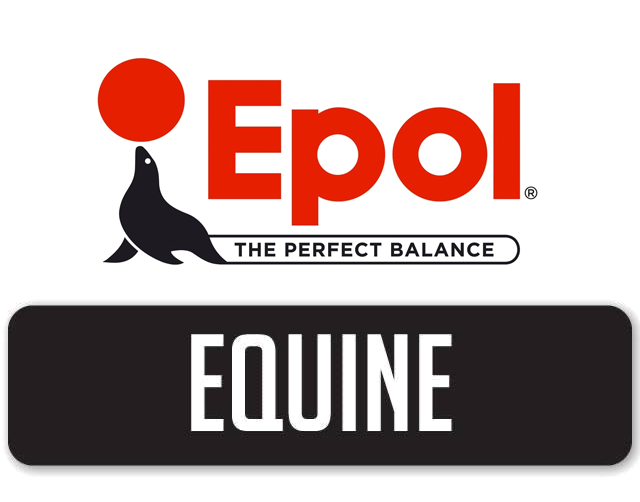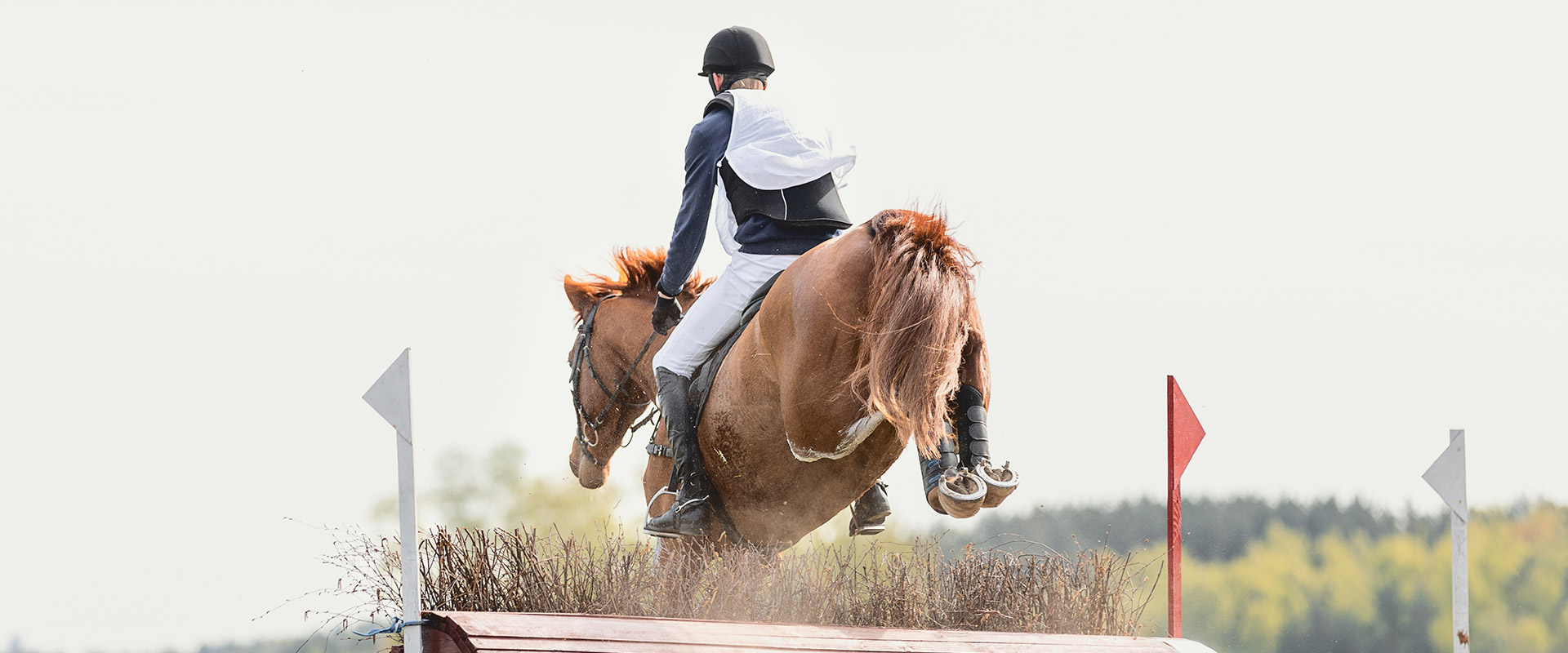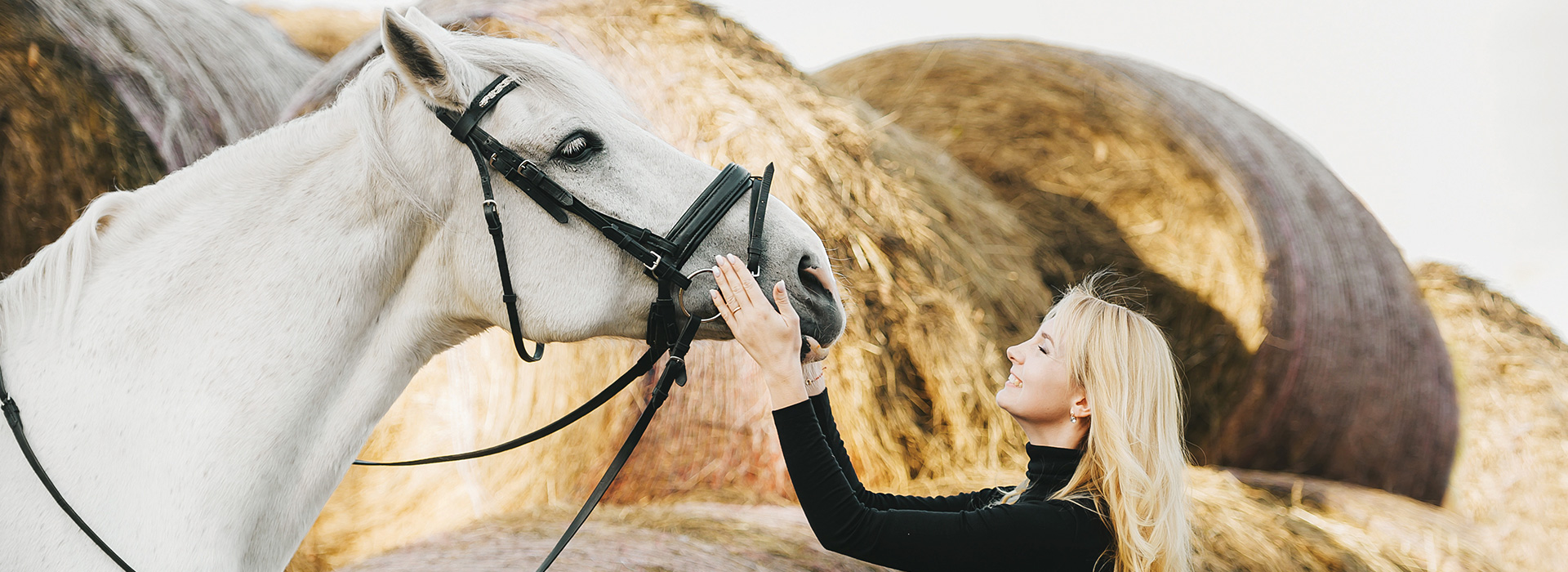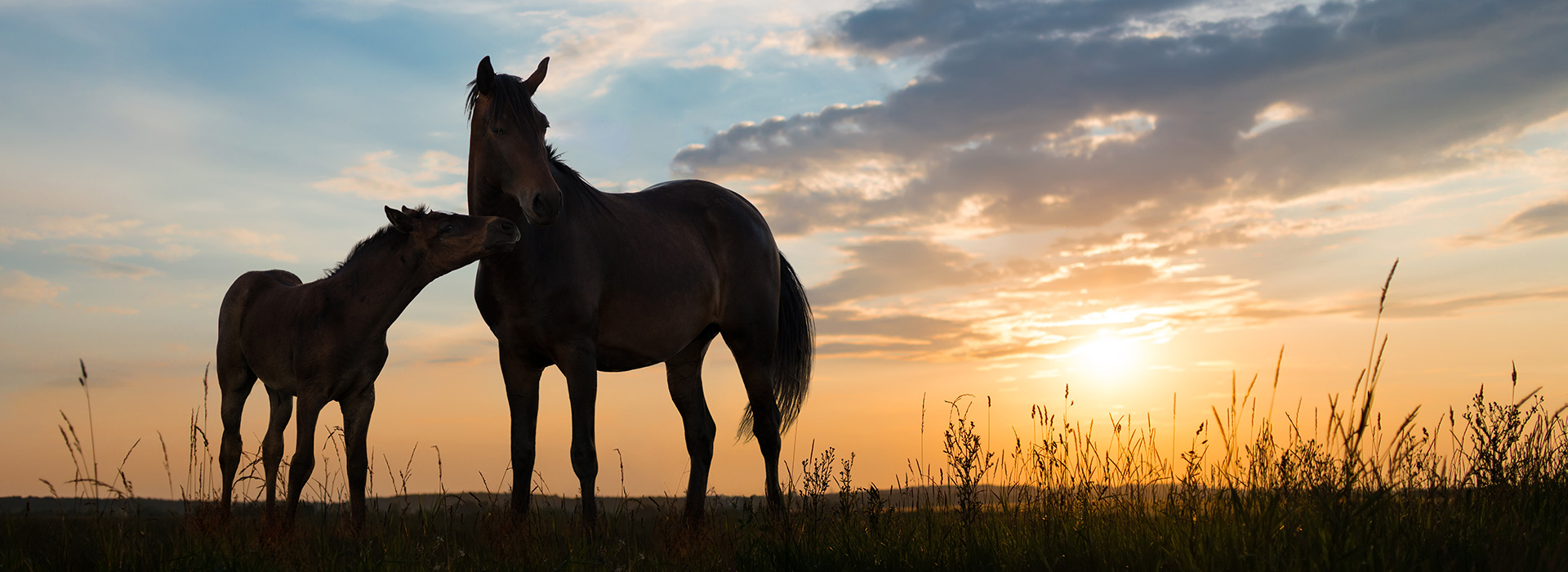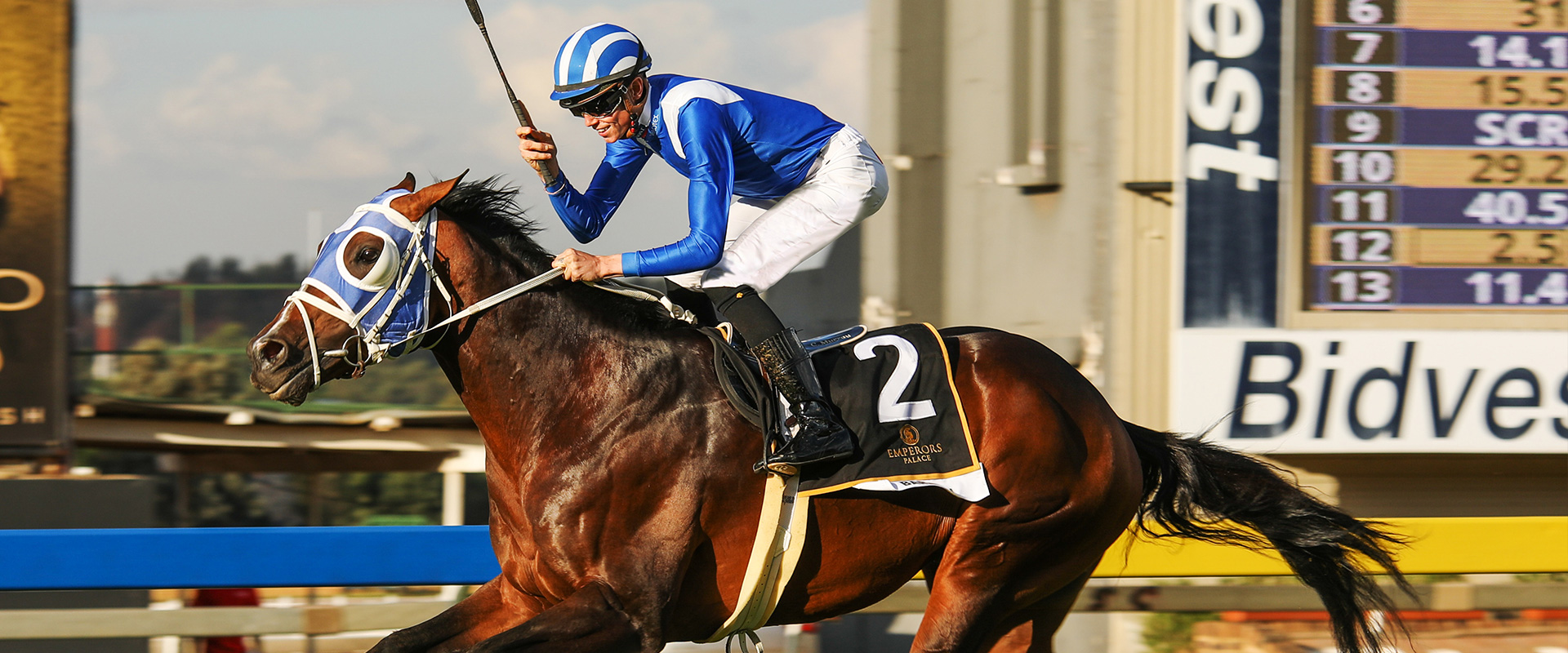Once again holiday season has arrived and while riders enjoy a well earned break so too do their horses. This can vary from a few days to a few months but should the horse’s diet change during these periods?
One rule of feeding horses is to “feed for work done”. This essentially means that when the horse is given time off and/or a reduction in work load, (or vice versa), feeding should be adjusted accordingly. Generally, hard feed can be reduced a lot quicker than it would be introduced, so there isn’t such a need to do this process as slowly. However to be on the cautious side, especially for horses prone to digestive upsets, it is always wise to make any changes over at least 7-10 days.
The main reason for reducing concentrate feed when workload is reduced is to reduce the calorie content of the diet as well as reducing the sugar and starch content which will help to avoid excessive weight gain, excitability or muscle problems, particularly for horses susceptible to conditions such as tying-up. However, if the horse needs to put on weight during time off then this requires a different action plan. The best way to decide on what should be altered in the horse’s diet during the holidays is to look at the horse’s type, condition and length of holiday.
One day or two days up to a week
If the horse will only be having a very short period of time off then generally there is no major need to reduce or change the horse’s feed, especially if the horse’s rest period can include some level of activity such as lunging, use of a horse walker and/or extra turnout time.
However, if an individual is extremely prone to weight gain or excitability then reducing the horse’ concentrate feed very slightly may be worthwhile. This would be around 15-20% (this is around 500g-700kg for a horse on 3.5kg per day) No matter what plan is in place, always ensure the horse has a good level of roughage and that they get at least 1.5% of body weight per day – this is around 7.5kg of hay for a500kg horse.
If the horse is not only excitable but also struggles to maintain his weight, then reducing his concentrate portion while increasing his roughage portion (this could be made up of hay, grazing, chaff, beet products) maybe an ideal way to go as it ensures you get the calories without the fizz.
Two – four weeks
If the plan is for the horse to have slightly more time off then it may be worth looking at the current diet to see if any changes can be made. As it is still a relatively short time off, and changes should always be done gradually, it is not really worthwhile to change product (especially if the current diet works well), so therefore the safest option would be to simply reduce the amount of concentrate feed.
Products that are starch and sugar based may need to be reduced by 30-50%. This will lower the starch and sugar content of the diet to minimise excitability and the risk of the horse becoming “tied-up” as well as reducing digestive upsets. This risk is further reduced if the horse gets a good amount of paddock time on his rest days. If however a horse is not in a high level of work and therefore doesn’t get much food and/or is on a high fibre, low starch diet already, then the need to reduce may not as great, in fact your ability to reduce anything will be fairly limited and the status quo can happily be maintained by reducing the daily amount slightly by only 20-30%.
In situations where hard feed is cut back by 30-50% it is worthwhile adding in a good quality vitamin and mineral supplement or balancer to ensure that the horse still gets all the nutrients it requires. Adding in (or increasing the amounts if currently fed) fibre products such as chaff, beet products, hay cubes, extra hay and/or additional grazing time will ensure the horse is kept content and happy during the rest period, while still fulfilling his need to chew. Reducing feed does not necessarily mean cutting out meals, and some horses can become quite upset if they start to miss out on meals. So if feed is normally given 3 times per day continue to do so with just less food per meal.
One month or longer
For horses having a much longer break the best long term solution would be to look at changing the type of product fed or remove concentrate feed completely. If the current diet comprises of a high energy or high starch and sugar concentrate then swopping to equal amounts of a high fibre, high fat feed whilst increasing the forage portion of the diet would be ideal. However, if a high fibre and fat diet is already fed then reducing feed whilst including a balancer product to compensate for any lost nutrients would be the best option.
For extremely good doers or if the horse is going to be off work for a long period of time, then cutting out concentrate feed completely and including just a low calorie balancer is the best long term solution.
When do I start to reduce?
When reducing feed start to cut back the hard feed from the evening feed the day before his rest day till the evening after the rest day. In other words the feed returns to normal amounts the evening after he has done some work again, thus abiding by the “Feed according to work done” rule. No matter how much time the horse will have off, feeding ad lib forage in the form of hay and/or grazing is the most ideal way to keep the gut healthy. No horse should ever be without hay or grazing while on holiday.
Reducing work
As with feed, any changes should be made slowly, and that also applies to changes in work schedule. Always aim to reduce a horse’s workload steadily preparing for a change way before their time off. It would be extremely unfair to expect a horse to adapt immediately to suddenly being turned out all day when they have been in full work 7 days a week. This can be done by either working for shorter periods several weeks prior to the start of a break, or giving more days off gradually. Also, don’t forget the power of hacking/trail riding. Activities such as these really helps a horse to wind down after a long working season.
Conclusion
Remember that each horse must be treated as an individual, so the above examples are simply a rough guide. It is always best to seek advice from a nutritionist before making any changes to your horse’s diet to ensure you achieve the best results.
